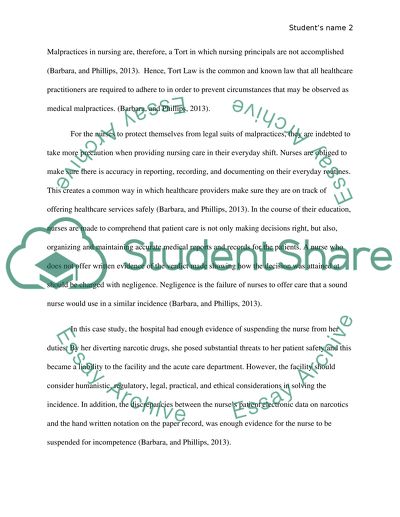Cite this document
(“LEGAL ASPECT OF NURSING Case Study Example | Topics and Well Written Essays - 1250 words”, n.d.)
Retrieved from https://studentshare.org/nursing/1467316-legal-aspect-of-nursing
Retrieved from https://studentshare.org/nursing/1467316-legal-aspect-of-nursing
(LEGAL ASPECT OF NURSING Case Study Example | Topics and Well Written Essays - 1250 Words)
https://studentshare.org/nursing/1467316-legal-aspect-of-nursing.
https://studentshare.org/nursing/1467316-legal-aspect-of-nursing.
“LEGAL ASPECT OF NURSING Case Study Example | Topics and Well Written Essays - 1250 Words”, n.d. https://studentshare.org/nursing/1467316-legal-aspect-of-nursing.


